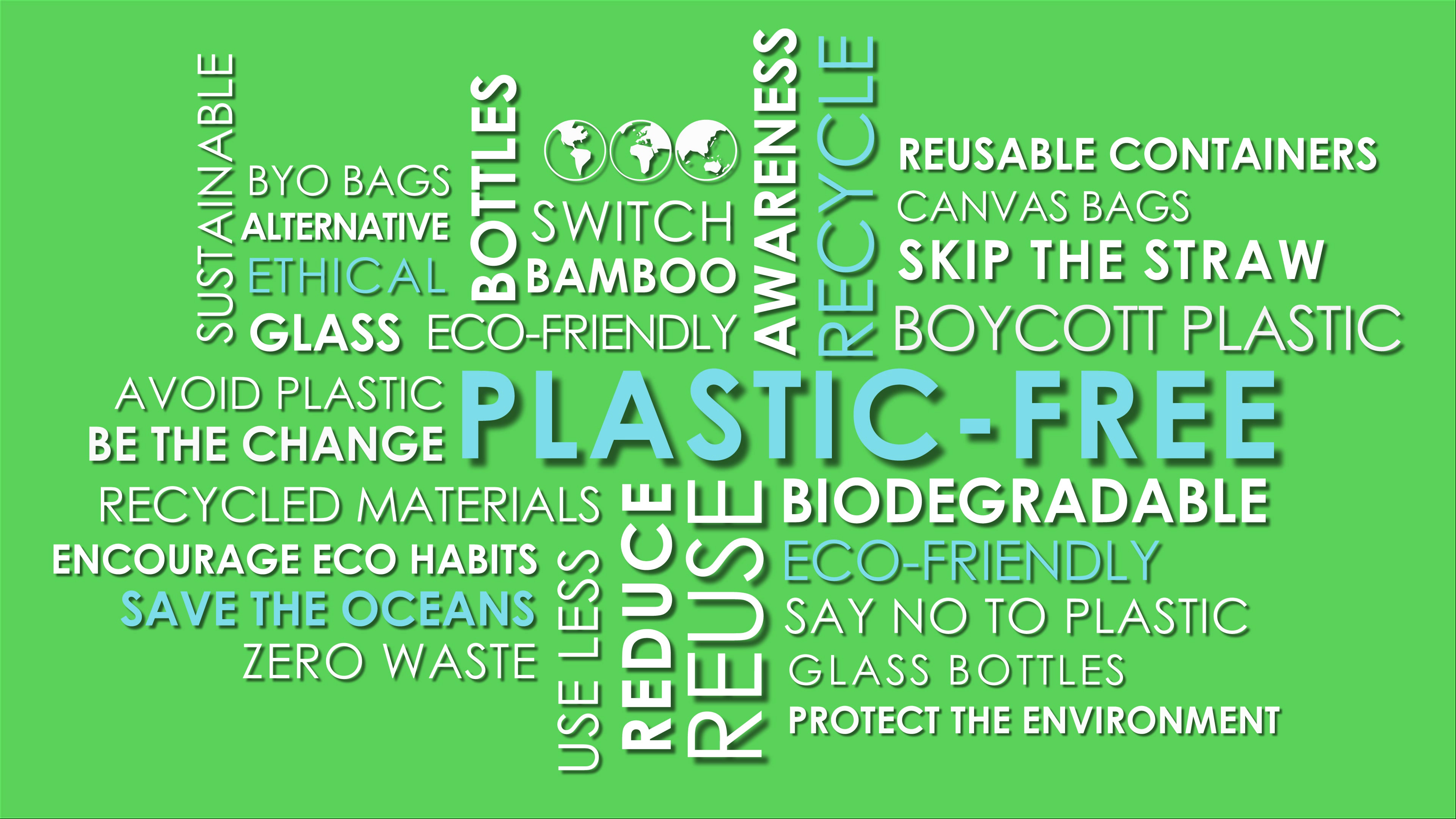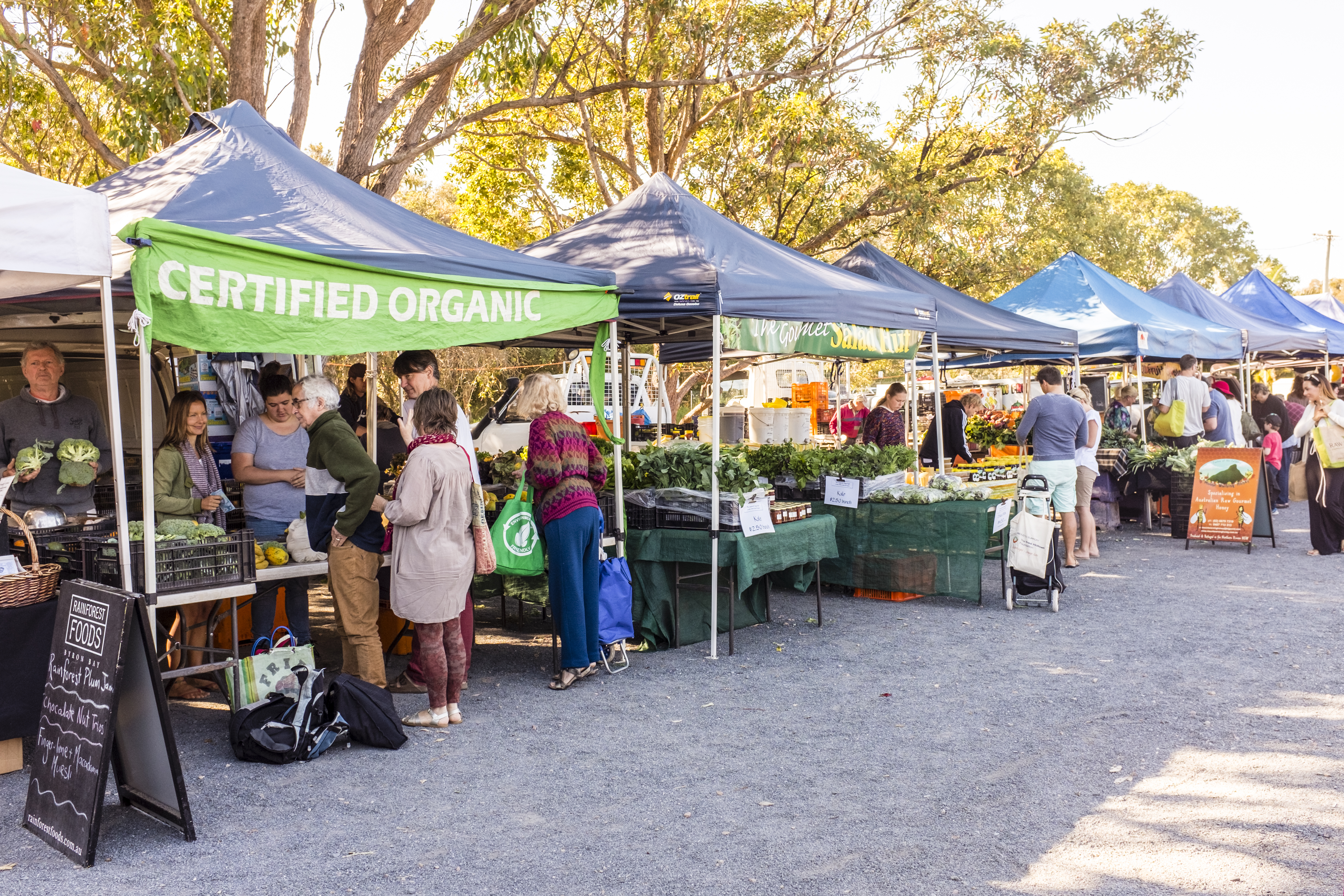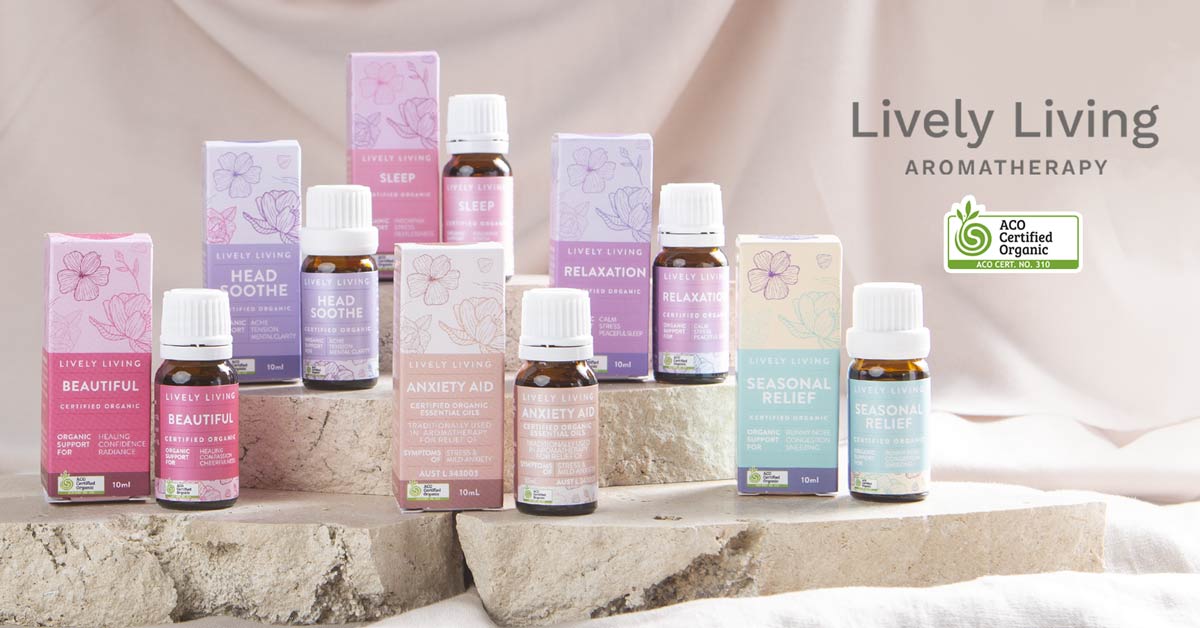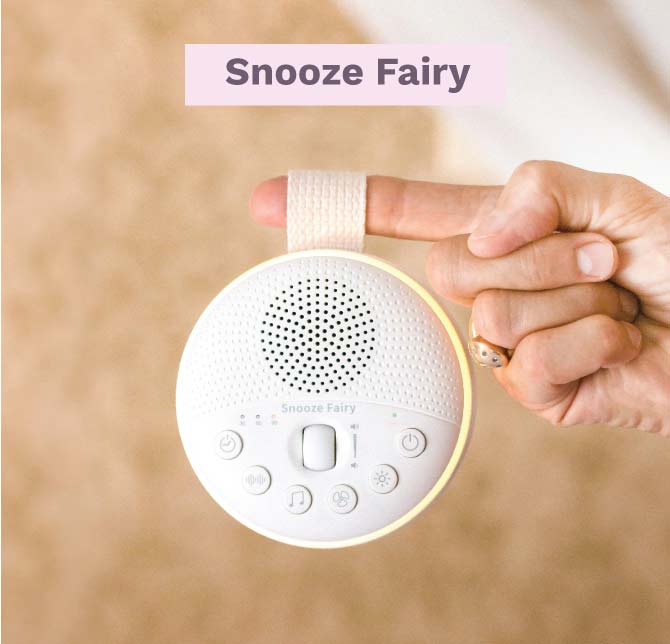Plastic Free July: Your Guide to Conscious Consumerism
As we embark on Plastic Free July®, it's crucial to understand the significance of this global movement and its impact. This blog post delves into the inception, growth, and rationale behind refusing single-use plastics - a primary objective of the Plastic Free July challenge.
We will identify common types of single-use plastics that pervade our daily lives and discuss their environmental implications due to improper disposal. Further, we'll explore practical alternatives such as reusable shopping bags or swapping disposable cutlery at workplaces or schools.
In conclusion, we highlight conscious consumerism's role in reducing plastic waste by influencing industrial production practices and emphasizing responsibly packaged products' importance. As you navigate through this journey with us, remember: every small step towards refusing single-use plastics contributes significantly to tackling healthcare’s plastic waste issue.
Table of Contents:
- Understanding Plastic Free July
- Identifying Single-Use Plastics in Daily Life
- Practical Alternatives To Single-Use Plastics
- Conscious Consumerism: The Key to Tackling Plastic Waste
- FAQs in Relation to Plastic Free July
- Conclusion
Understanding Plastic Free July
The Plastic Free July movement started in Western Australia in 2011 and has now become a global initiative that inspires over 100 million participants across 190 countries to say 'no' to single-use plastics.
The birth and boom of Plastic Free July
Driven by the terrifying sight of plastic waste piling up, Rebecca Prince-Ruiz founded this campaign with just a few locals. Now, each year it encourages people, companies and communities all over the world to join in on finding a solution for plastic waste.
The logic behind rejecting single-use plastics
Single-use plastics may be convenient, but they come with a hefty environmental price tag. These items often end up as litter or take centuries to decompose in landfills or oceans. By saying 'no' to these products during Plastic Free July (and hopefully beyond), we can significantly reduce this non-biodegradable waste that threatens future generations.
Lively Living proudly supports this cause through our range of quality certified organic essential oils, ultrasonic aromatherapy diffusers, baby sleep aids, and humidifiers - all responsibly packaged without unnecessary plastic materials. We believe that every small change makes a big difference when combined globally.

Identifying Single-Use Plastics in Daily Life
In our daily lives, we often use items without considering their environmental impact. One such category is single-use plastics. These are products used once and then discarded, contributing significantly to the world's plastic waste problem.
Common Types of Single-Use Plastics
- Shopping bags: Plastic bags that take forever to decompose. Not cool.
- Straws: Those little suckers that end up choking our oceans. Skip 'em.
- Coffee cups: The ones with a sneaky layer of plastic that can't be recycled. No bueno.
- Soda bottles: Millions of these bad boys end up in landfills every year. Time to break the habit.
- Packaged food: Unnecessary layers of packaging causing major harm. Let's cut it out.
The Impact of Improper Disposal
These materials don't just magically disappear. Instead, they stick around for centuries, wreaking havoc on our planet. Check out this source for more info. Wildlife suffers, ecosystems suffer, and we all suffer. Let's kick the plastic habit.

Practical Alternatives To Single-Use Plastics
In our battle against plastic pollution, let's not get overwhelmed. The Plastic Free July campaign offers practical alternatives that can seriously cut down on waste in our daily lives. Remember, every little effort counts when we join forces globally.
Swap disposable bags for reusable shopping bags
Ditch those flimsy plastic bags and opt for sturdy reusable shopping bags instead. You can find durable options made from biodegradable materials like cotton or jute at stores and online platforms like Lively Living.
Bye-bye disposable cutlery and plates
Schools and workplaces generate tons of plastic waste with their disposable cutlery and plates. Instead, bring your own stainless steel cutlery or bamboo utensils wherever you go. It's a sustainable choice that's easy to carry.
Making these small but consistent changes towards sustainable living may seem insignificant at first, but remember - progress is progress, no matter how gradual. Together, we can make a difference by reducing our reliance on single-use plastics, supporting conscious consumerism, and backing businesses like Lively Living that prioritize eco-friendly practices.
Conscious Consumerism: The Key to Tackling Plastic Waste
In the battle against plastic waste, being a conscious consumer is crucial. Our purchasing choices have a direct impact on how industries produce their goods. Greenpeace International explains how demanding responsibly packaged products can push manufacturers to rethink their packaging strategies.
The Power of Consumer Demand on Production Practices
When we opt for items with less or no plastic packaging, we send a clear message to producers about our values as consumers. This can inspire them to reduce their reliance on single-use plastics and explore more sustainable alternatives.
Why Responsibly Packaged Products Matter
The choices we make at the checkout counter make a difference. By choosing goods in recyclable or biodegradable packaging instead of those wrapped in single-use plastics, we not only reduce our own plastic footprint but also support companies that prioritize sustainability.
Lively Living's range of quality certified organic essential oils and ultrasonic aromatherapy diffusers, for example, are thoughtfully designed with minimal use of plastic materials. The same goes for their baby sleep aids and humidifiers, which are carefully crafted with both functionality and environmental responsibility in mind.
This Plastic Free July, let's make informed decisions while shopping because every little effort counts when it comes to preserving our planet.
FAQs in Relation to Plastic Free July
- The effectiveness of recycling programs - Plastic production or manufacturing processes - Specific brands or companies involved in plastic production HTML Content: ```html
Is July plastic free month?
Yes, July is recognized as Plastic Free Month, a global movement to reduce single-use plastics.
What is plastic free July and why was it started?
Plastic Free July was initiated to raise awareness about the environmental impact of single-use plastics and encourage alternatives.
What is the goal of plastic free July?
The goal of Plastic Free July is to inspire individuals and businesses worldwide to refuse single-use plastics for a cleaner environment. Learn more from their official website.
How can you celebrate plastic free July?
You can participate by refusing single-use plastics, choosing reusable options, and spreading awareness. Check out these tips on celebrating Plastic Free July.

```
Conclusion
Plastic Free July is a movement that says 'no thanks' to single-use plastics and 'yes please' to a cleaner environment. By understanding the origins of Plastic Free July and the types of single-use plastics we encounter daily, we can make smarter choices to reduce plastic waste.
Swap out those flimsy plastic bags for reusable ones and ditch the disposable cutlery and plates at work or school - it's a small change that can make a big difference.
And let's not forget about the power of our wallets - by demanding responsibly packaged products, we can influence industrial production practices and pave the way for a plastic-free future.
So join us in the Plastic Free July movement and let's show our planet some love!



















